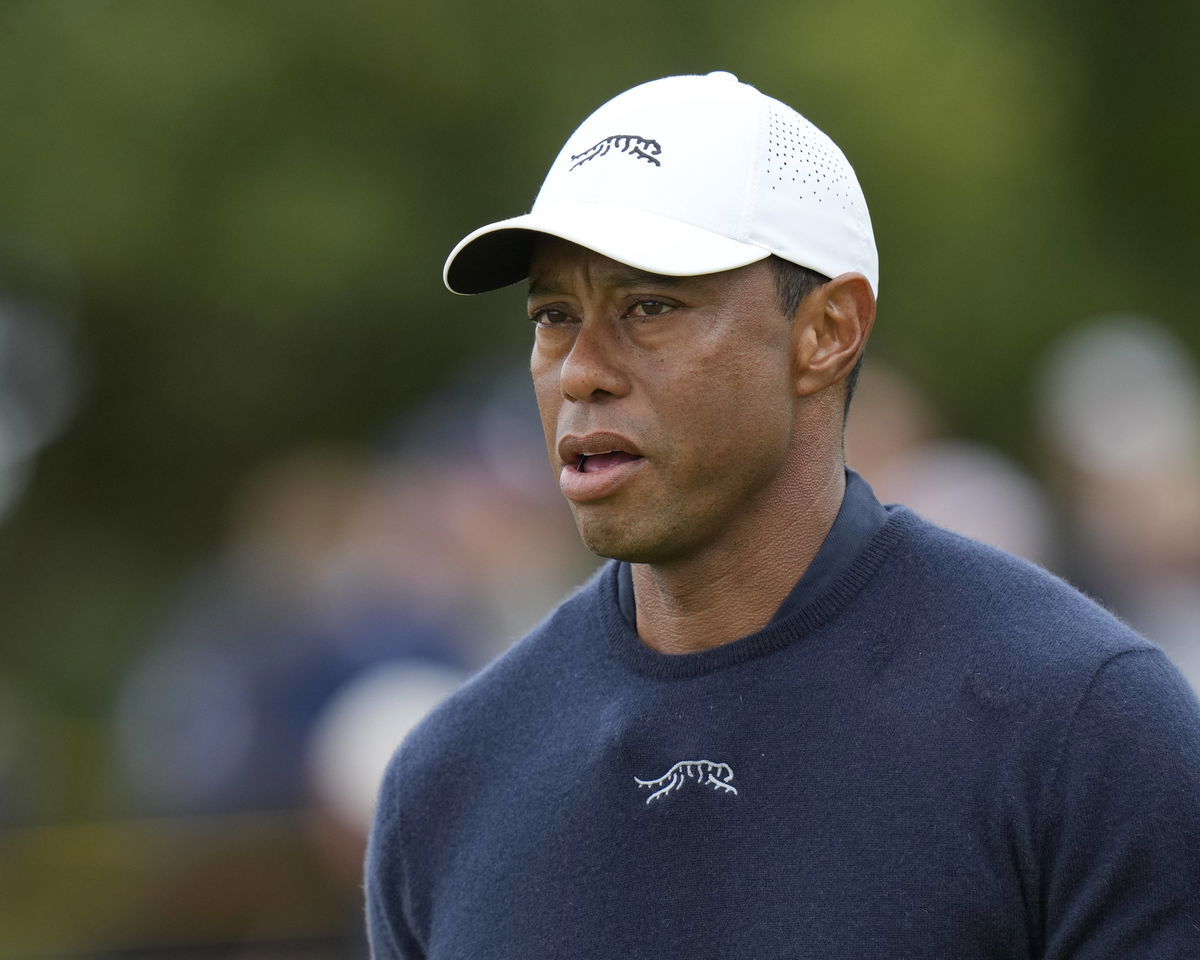
Imago
19th July 2024 Royal Troon Golf Club, Troon, South Ayrshire, Scotland The Open Championship Round 2 Tiger Woods walks from the 12th tee PUBLICATIONxNOTxINxUK ActionPlus12669938 StevenxFlynn

Imago
19th July 2024 Royal Troon Golf Club, Troon, South Ayrshire, Scotland The Open Championship Round 2 Tiger Woods walks from the 12th tee PUBLICATIONxNOTxINxUK ActionPlus12669938 StevenxFlynn
“Honored to serve as Chairman of the Future Competition Committee. This is about shaping the next era of the PGA TOUR — for our fans, players, and partners.” Not even a day into his new job, Tiger Woods’ message was clear after the PGA Tour CEO Brian Rolapp tasked him with chairing a root-and-branch review of the Tour’s entire business model.
Watch What’s Trending Now!
This major step notably comes after Rolapp made it clear that the existing model, shaped by decades of compromise and designed to serve member interests above all else, is no longer sustainable. The PGA Tour CEO has already announced a voluntary retirement program for staff who lack commitment or are not on the same page as Rolapp to kick off a new era. “The goal is not incremental change. The goal is significant change.” Rolapp made it clear why the Future Competition Committee, led by Woods, is the need of the hour.
Per Golfweek, during Thursday’s town hall meeting, Woods addressed the Tour members about the mission of the committee, the very panel Rolapp installed him to chair and review the entire business model. Apart from Woods, Patrick Cantlay and seven more individuals, including Adam Scott and Keith Mitchell, are also part of the committee.
ADVERTISEMENT
In the new era of the PGA Tour, players who have been riding on the comfortable cushions of sponsor exemptions throughout the season will no longer be exempt. This means that journeymen pros will not be able to ride the wave of an average performance and make a lucrative living. So players like Jordan Spieth and Rickie Fowler, who received a dozen sponsor exemptions this year, will need to be on their toes, as the safety net will now be removed.
Another important message based on the pillar of scarcity was having fewer tournaments and a lighter schedule. A few weeks ago, the 2026 schedule was announced, and it appeared more saturated than scarce, with 38 events in the regular season. An additional signature event was even added, bringing the total to nine signature events with lucrative prize money.
ADVERTISEMENT
Under Rolapp’s vision, that kind of calendar will be streamlined to prioritize quality over quantity, boosting fan engagement and elevating the stature of each event. “I don’t think we have a particular number in mind. I think the focus will be, as I mentioned, to create events that really matter, and how we do that, what that number is, we’ll determine, but that’s certainly the goal,” Rolapp stated. Brian Rolapp even emphasized fewer financial diversions, a clear signal that long-standing subsidies, such as those supporting the PGA Tour Champions, may be on the chopping block.
Brian Rolapp said his three guiding principles when it comes to PGA Tour competition are …
1. Competitive parity
2. Scarcity
3. SimplicityThen he gave this answer about the reason the competition committee was created. Excellent, excellent, very adult stuff. pic.twitter.com/Y71HNWTwmG
— Kyle Porter (@KylePorterNS) August 20, 2025
ADVERTISEMENT
In his view, every dollar should directly support the main Tour’s competitiveness and global relevance. This shift in philosophy could have significant implications for any program that doesn’t align with the streamlined, performance-driven model Rolapp envisions. In short, if it doesn’t enhance the main product, it’s no longer needed.
Brian Rolapp’s three-pillared vision — competitive parity, simplicity, and scarcity— is already reshaping the tour’s direction. While the tour has achieved competitive parity thanks to the depth of talent, the other two pillars have been sorely lacking. An overloaded calendar has undercut scarcity, while the Tour’s season structure continues to frustrate with its notorious complexity.
Do you think a new overhaul is the solution? And if it is, how effective will the Tiger Woods-led committee be for the Brian Rolapp era?
ADVERTISEMENT
ADVERTISEMENT
ADVERTISEMENT
ADVERTISEMENT
